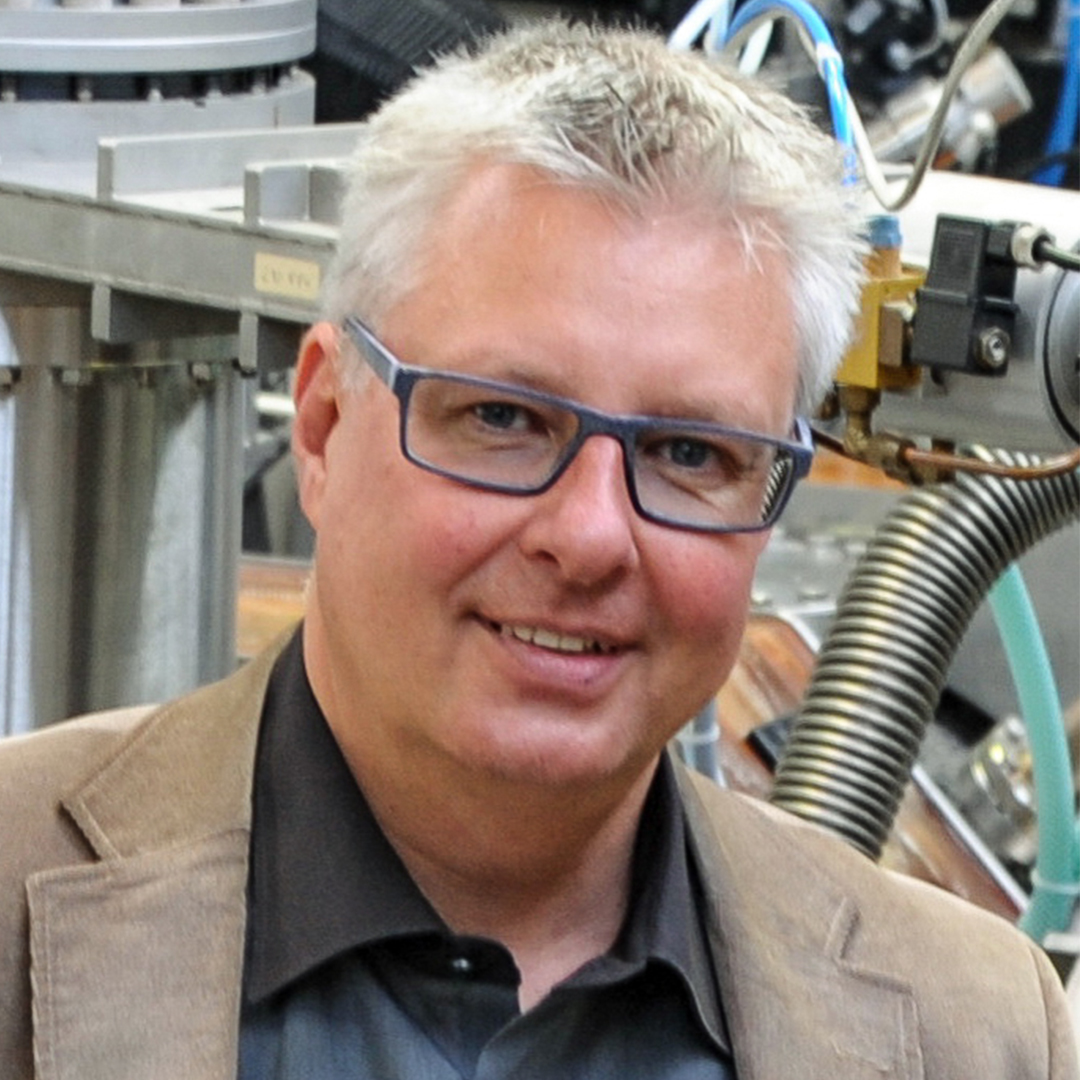
Prof. Dr Christian Linsmeier
Experimental physics: Plasma-material interaction and surface processes in fusion devices
Forschungszentrum Jülich GmbH
Institute for Fusion Energy and Nuclear Waste Management -
Plasma Physics (IFN-1)
52425 Jülich
Phone: 49 2461 61 3086
Research
The Institute for Fusion Energy and Nuclear Waste Management - Plasma Physics (IFN-1) at Forschungszentrum Jülich deals with questions of plasma-wall interaction (PWW) and researches new materials for the highest loads, such as those occurring at the first wall and in the divertor of fusion facilities. The topic of plasma-wall interaction ranges from understanding the physics of the plasma wall layer, the local and global transport processes, as well as the surface processes (erosion, implantation, deposition) on the plasma-loaded components of fusion devices. For use in a fusion reactor in particular, we are developing new materials (alloys, composites, graded materials) for these components that can withstand the extreme stresses caused by high power and particle fluxes. These materials are also suitable for use in other applications under extreme loads (e.g. receivers in solar thermal power plants).
We carry out projects in the field of plasma physics, fusion materials research and fusion technology at the large-scale experiments JET, ASDEX Upgrade and Wendelstein 7-X, among others, and prepare the scientific operation of ITER. Both the scientific tasks and the project work ultimately serve the goal of creating the conditions for a burning fusion plasma and thus opening up a new primary energy source for power generation. We are networked in the national nuclear fusion and materials research programmes within the Helmholtz Association and at the European level as a partner in the EURATOM-funded EUROfusion consortium. Regionally, we work closely within the "Trilateral Euregio Cluster TEC" with partners in Belgium and the Netherlands.
In the field of theory, the methodological focus is on the description and numerical modelling of magnetised plasmas and their interaction with wall materials. Various 2D and 3D codes are developed and used for this purpose. Experimental activities range from the fundamentals of surface physics of PWW materials to experiments with linear plasma systems in which materials can be exposed to high particle fluxes under realistic fusion conditions. We have a wide range of methods at our disposal for the production of new materials, their characterisation as well as modelling, also in collaboration with other Jülich institutes. We use and develop spectroscopic methods to characterise the boundary layer plasmas in large-scale experiments as well as our linear plasmas. We operate laboratories and facilities for cyclic and steady-state maximum thermal loading of components, also after neutron exposure and for toxic materials.

